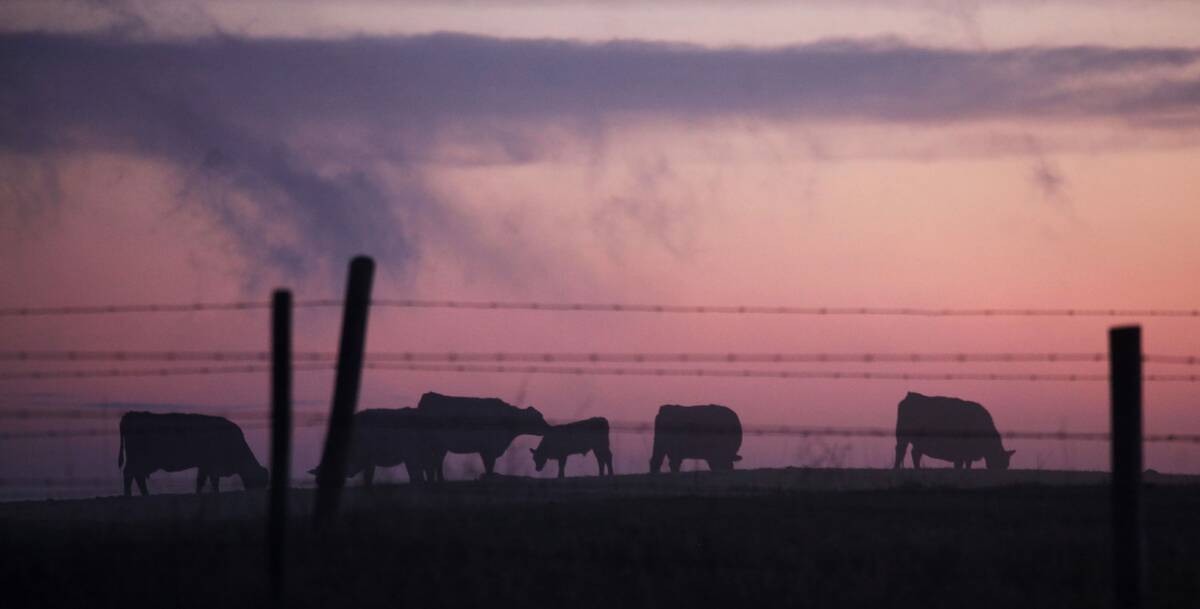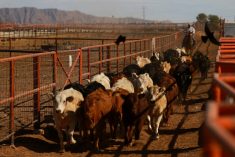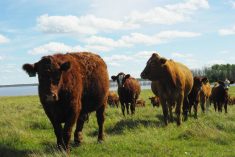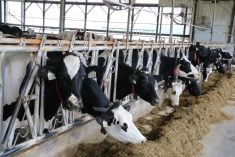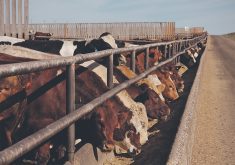We recently had a discussion with a U.S. Department of Agriculture analyst regarding New World screwworm.
In 2023, the parasite was detected in Panama with reported cases of more than 6,500 in one year.
Since then, it has slowly been moving north through Central America.
In November 2024, NWS was detected in southern Mexico, prompting the United States to close the border to Mexican cattle. The U.S. border opened to Mexican cattle in February 2025.
On May 11, the U.S. once again closed the border to Mexican cattle as New World screwworm moved farther north. A phased reopening of select southern U.S. border ports started on July 7, but on July 10, the U.S. once again cancelled the potential opening.
Read Also

Canadian Food Inspection Agency slammed for handling of bovine tuberculosis case
The federal government leans heavily on producers to “take one for the team” and risk their livelihoods without any reassurance of support.
A new case was reported in Ixhuatlan de Madero, which is in the state of Veracruz and north of Mexico City. The screwworm infestation is now one Mexican state away from crossing into Texas.
The idea is that the U.S. will not open the border again until the parasite is totally eradicated.
In a normal year, monthly Mexican feeder cattle exports to the U.S. would average 120,000 head.
More importantly, Canadian feedlot operators are concerned that the Canadian border will close to U.S. cattle if New World screwworm is detected in Texas or some other southern state.
In 2024, Canada imported 400,060 cattle from the U.S. Most of these imports were Holstein cross feeder cattle. Canadian feedlot operators have become dependent on U.S. feeders, given the contracting Canadian herd and expanding feedlot capacity.
In late June, Perlich Bros Auction Market near Lethbridge had larger packages of calves for November and December delivery. Higher quality 640 pound steer calves not fully weaned were trading for $540 per hundredweight, and 500 lb. steer calves were trading for $605 per cwt. for fall delivery.
For the week ending July 19, the calf market appeared to incorporate a risk premium as feedlot operators contemplated the probability of the Canadian border closing to U.S. feeder cattle.
The DLMS had 530 lb. steer calves trading from $688-$699 per cwt. in Alberta and Saskatchewan for fall delivery.
A steer package that was evaluated at 515 lb. traded for $670 per cwt.
Off grid private sales included higher quality genetic steer calves with base weights from 500-525 lb. trading from $650-$660 per cwt. for September through November delivery.
Prices are a solid $50-$60 per cwt. higher compared to three weeks earlier.
Higher quality cow-calf pairs are readily trading in the range of $6500-$7,000 in Western Canada. It’s thought that they will eventually reach $10,000, given the recent jump in lightweight calf prices.
Given the historical high prices, this will encourage cow-calf producers to hold back heifers for herd rebuilding.


